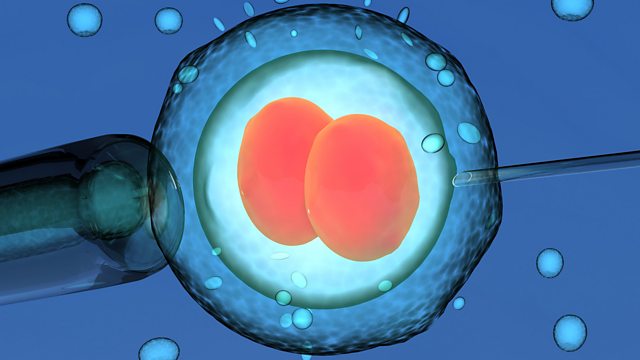
Gene Editing Human Embryos
Using gene editing to ‘fix’ gene implicated in heritable heart disease; First impressions count; Facebook AI shut down; Sexual selection; Psychedelic drugs: A robotic eel
Hypertrophic cardiomyopathy is the heart condition that can lead to seemingly fit and healthy people collapsing with heart failure. Scientists using the precise gene-editing technique, CRISPR CAS 9, have identified one of the genes responsible for the disease, and attempted to repair it in very early stage human embryos in the lab.
How good are we at reading facial expressions? Can you tell the difference between anger and disgust just from the face? It turns out it is harder than you think.
Facebook’s artificial intelligence computers have been communicating with each other in a strange language. Is this an example of robotic evolution?
Sexual selection - who you decide to have babies with - is usually decided at the dating stage. But the choice does not have to stop at copulation. Mechanisms such as sperm competition, and cryptic female choice, can happen after sex. This has been studied in salmon. Can the lessons learnt about sexual compatibility be applied to humans?
Ayahuasca is said to be the strongest psychedelic drug in the world. It can produce terrifying hallucinations and seems to trigger mental health problems in some people. But can it be used as a treatment?
(Image caption: Human embryo twin © Getty Images)
The Science Hour was presented by Gareth Mitchell with comments from Nature Features editor, Kerri Smith
Producer: Caroline Steel
Last on
More episodes
Previous
Broadcast
- Sat 5 Aug 2017 11:06GMT����ý World Service Americas and the Caribbean
Podcast
-
![]()
Unexpected Elements
The news you know, the science you don't

